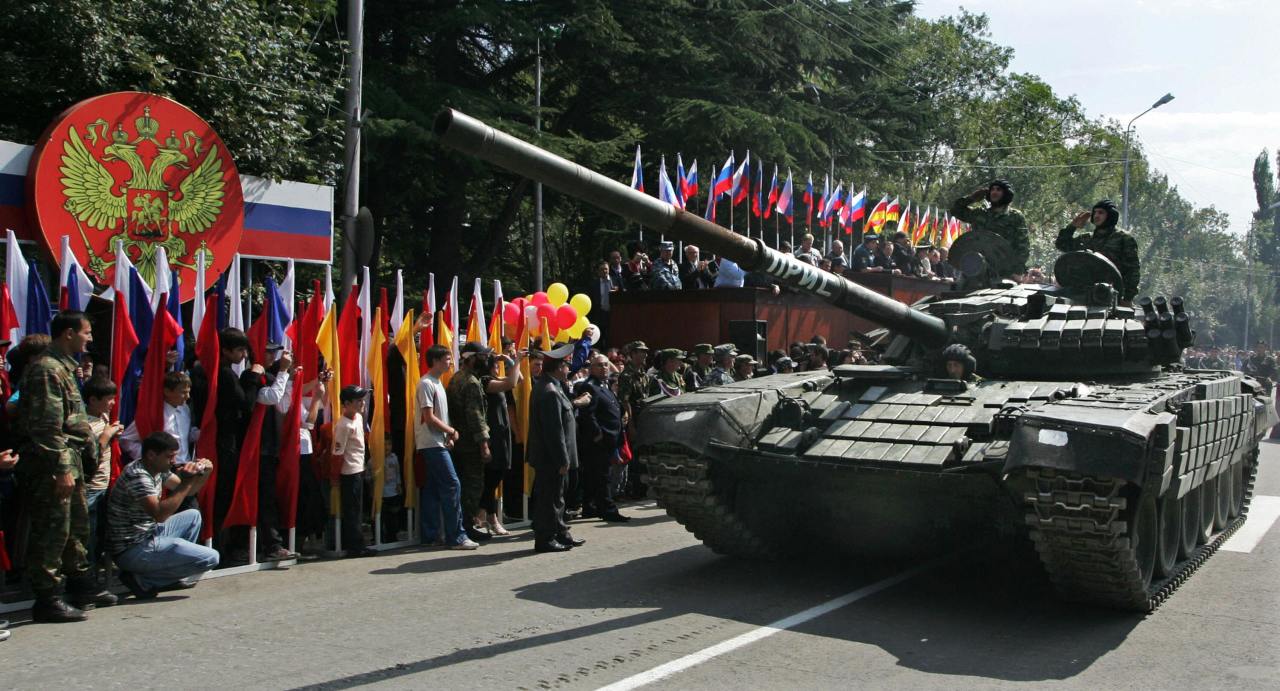 The crisis in Georgia is now moving into the next phase, with the European Union about to deploy a team of unarmed monitors to police the EU-brokered agreement reached between Georgia and Russia. Further talks are expected to start up in Geneva in a month’s time between the parties, under the stewardship of French EU envoy Pierre Morel.
The crisis in Georgia is now moving into the next phase, with the European Union about to deploy a team of unarmed monitors to police the EU-brokered agreement reached between Georgia and Russia. Further talks are expected to start up in Geneva in a month’s time between the parties, under the stewardship of French EU envoy Pierre Morel.
Against past practice, the EU looks set to get its monitoring mission off the ground quickly, having received promises of personnel and kit from the 27 EU member states. The mere fact of its deployment on 1 October will, in one sense, achieve a primary objective: triggering the beginning of the withdrawal of Russian troops. But nobody knows what will happen afterwards. The EU would like to be given access to Georgia’s two rebel regions – South Ossetia and Abkhazia – but Moscow has nixed this already. In a Cyprus-style stand-off, expect to see pictures of hapless-looking EU’ monitors facing Russia’s 8,000 battle-hardened troops.
Then there is the larger process. The EU is hoping to offset the blow of the war with a massive aid package for Tbilisi to help rebuild the country’s economy and infrastructure. The EU has pledged half a billion Euros. But the donor conference, which is expected to take place soon will quickly run into problems – should it cover all of Georgia or only the Tblisi-controlled parts? The Tblisi government want to continue isolating the break-away republics, but this is unlikely to help matters.
The EU’s current envoy to Central Asia, Pierre Morel, has now also become the EU’s envoy for the crisis in Georgia and has been tasked to prepare a conference in Geneva in a month’s time to jump-start a political process. But it is hard to see this going well. Moscow is hardly going to reverse it stand on the two break-way republics and Mikhail Shakashvili, Georgia’s president, remains adamant that they should not be represented at the event. The U.S wants a high-level meeting to embarrass the Russians publicly, but in a dust-up between U.S Secretary of State Condi Rice and Russian Foreign Minister Sergei Lavrov, the latter’s colourful language might come off better.
Whilst the fighting has ended, the Russians look set to withdraw from Georgia proper and the European bloc will deploy its monitoring mission, matters are far from resolved and a Cold War will likely endure in Georgia for many years to come.







Comments